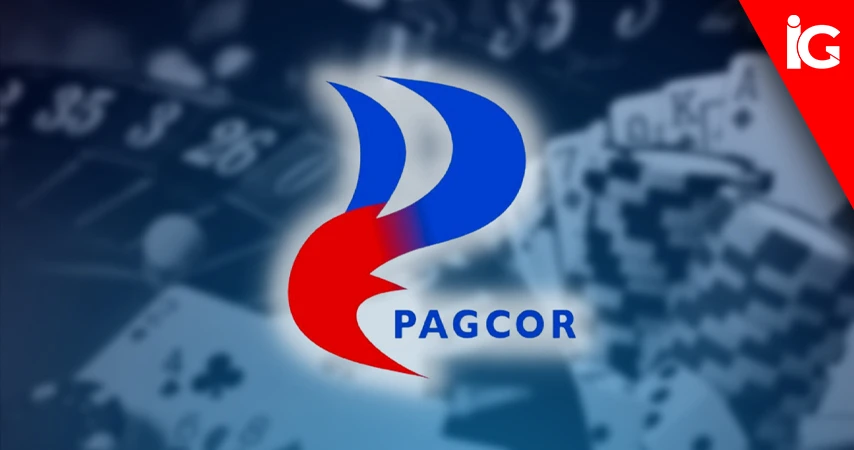Nevada has officially overhauled its regulations governing private gaming salons, introducing significant reforms aimed at enhancing player access while maintaining strict regulatory oversight. Private gaming salons, often referred to as high-limit rooms, have long operated under rules that were first implemented in 2001 and later modified in 2008. The recent changes, approved unanimously by the Nevada Gaming Commission, represent the most substantial update in over a decade.
Key amendments include lowering the baseline deposit and credit threshold for salon entry to $20,000, while allowing operators to set their own minimums based on proven experience. Poker has been added as an eligible game, with a $20,000 buy-in to start a game and a $10,000 minimum per player. The period that a guest may remain in a salon without the main patron has been extended from six to 24 hours, providing operators greater flexibility in accommodating high-level players.
These updates arrive at a time when Las Vegas faces a notable dip in tourism, with operators seeking ways to remain competitive in a challenging market. Recent anti-money laundering fines against major operators like Wynn and MGM have also highlighted the importance of maintaining rigorous oversight, particularly in high-stakes environments. The reforms strike a balance, giving casinos greater operational freedom while ensuring regulatory safeguards remain in place.
Industry leaders have praised the changes as reflecting a careful consideration of both business needs and regulatory compliance. Dedicated staff and enhanced surveillance ensure that salon play continues to be monitored more closely than other areas, mitigating potential risks. The new rules are expected to encourage more in-state play and reinforce Nevada’s position as a premier destination for high-limit gaming, all while preserving integrity and player safety.
This overhaul marks a milestone in Nevada’s gaming regulation history, demonstrating adaptability in response to market demands and evolving industry practices.












